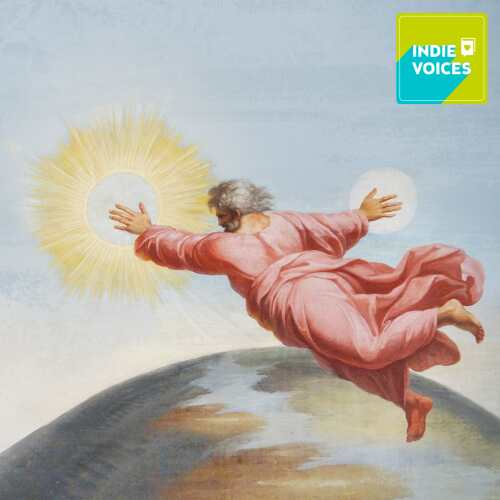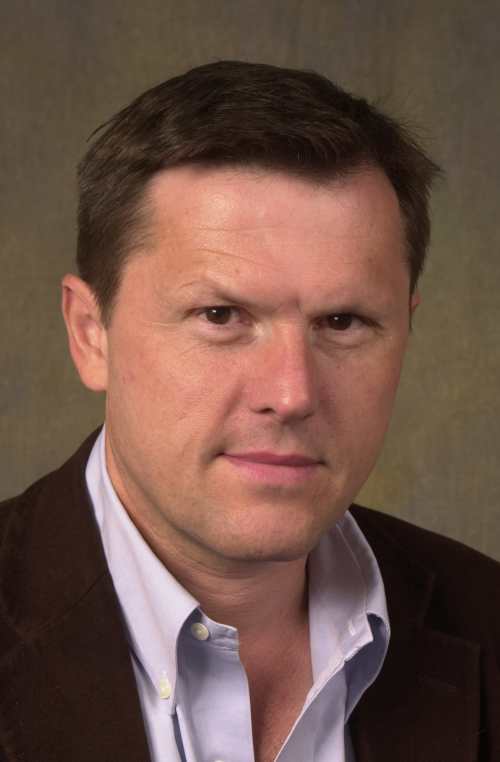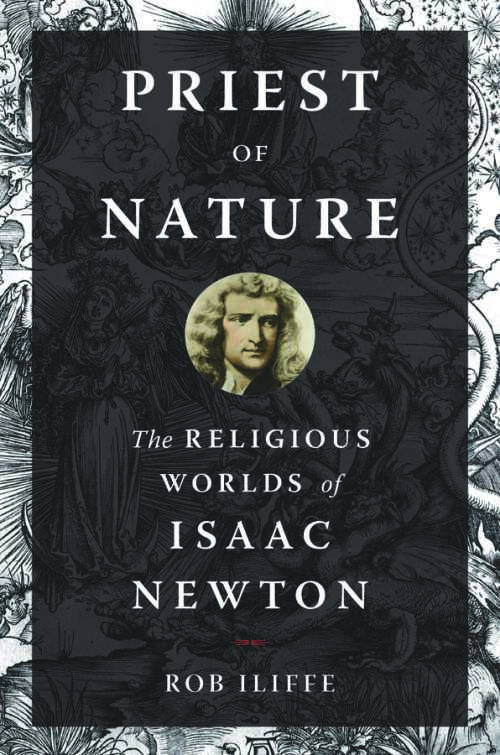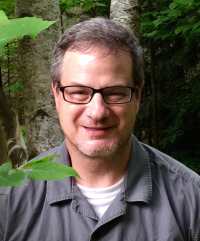Podcast: Author Rob Iliffe Discusses the Surprising Religious Life of Isaac Newton
There’s a perception that if you are a man or woman of science, that automatically means you are not a person of faith. In reality, there are many scientists who see science as either proof of, or an extension of, their faith. And this has been true since the very beginning of the modern scientific age.

IndieVoices: Science and Religion
Isaac Newton, whose contributions to our understanding of the physical world are immeasurable, was also a very spiritual man. But, in that he understood better than most people of his time, the nature of reality, he also tried his best to reconcile his scientific observations with his Christian beliefs.
Was this just a necessary transition between the age of superstition and the age of reason? Had Newton lived a few centuries later, would he have had no problem throwing away Christianity in light of physics? The answer is a little more complicated because Newton’s religious beliefs and his scientific studies were not separate in his mind. They were all part of his attempts to discover the true nature of the universe.
Looking closer at this aspect of Newton is Rob Iliffe, in his book Priest of Nature: The Religious Worlds of Isaac Newton from Oxford University Press. Rob is professor of history at the University of Oxford and general editor of the online Newton Project.
Listen to the entire interview here, or read some of the highlights below.
Interview Highlights
On how Isaac Newton thought of religion and science.

Rob Iliffe: 'What's incredibly surprising about Newton is where his reason takes him.'

I think he does see differences between them. We think of in normally as two books. The idea was prevalent in the early modern period that God had created two books: one was the book of nature and one was the book of scripture. And Newton thought that there were two different ways of understanding both books.
On Newton’s core beliefs.
He remained a practicing member of the Anglican Church because he thought the Anglican Church should remain really broad in terms of its principles. But, of course, he doesn’t believe in the core doctrine of the Anglican Church, so that leaves him in a very difficult situation. What he does believe in, I think, is the significance of reason. He believes that he’s been given the power of reason. He’s been given a special intellect and understanding by God and he has a duty to use this understanding, whether it’s in mathematics or physics or theology, to find the truth and to divulge it to his contemporaries.
On the most surprising thing he discovered about Newton.
What’s incredibly surprising about Newton is where his reason takes him. It takes him into some very radical, extreme anti-trinitarian views. And, in fact, for Newton all of religious history is inverted. So, heroes of protestant and to some extent Roman Catholic histories, they’re all enemies for Newton. They’re all baddies. And all the baddies that protestants and Roman Catholics hate, that we despise to the current day—Vandals, Huns, Goths, and barbarians—these are heroes to Newton. And he supports the fact, and this is a horrible thing to read, but he supports the fact that they torture nuns and monks to extract truth because he thinks that is being warranted by God.
You can also subscribe to all our IndieVoices podcast episodes on iTunes and Soundcloud.

Howard Lovy is executive editor at Foreword Reviews. You can follow him on Twitter @Howard_Lovy
Howard Lovy
